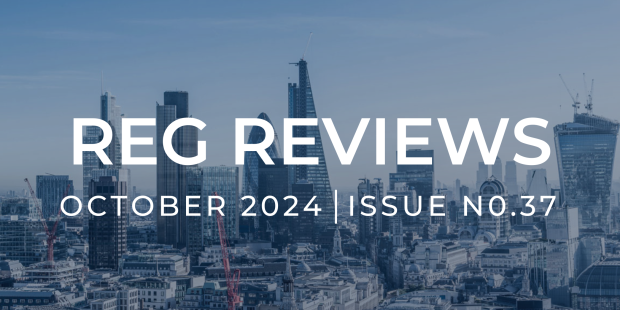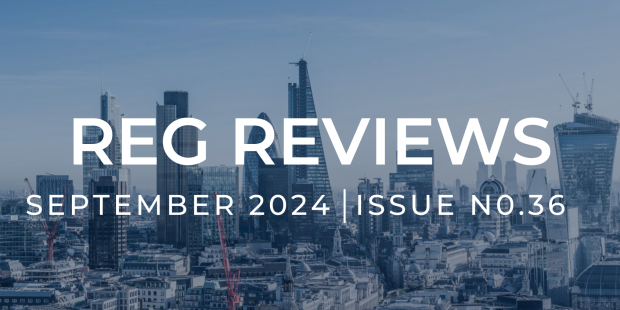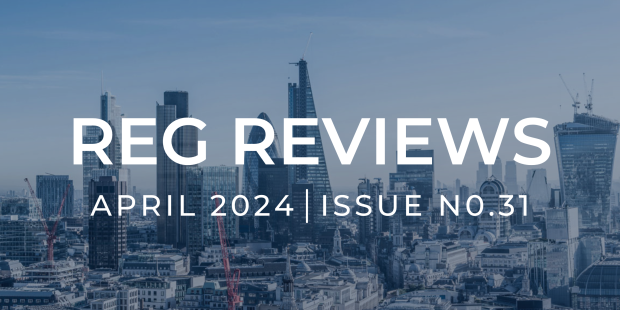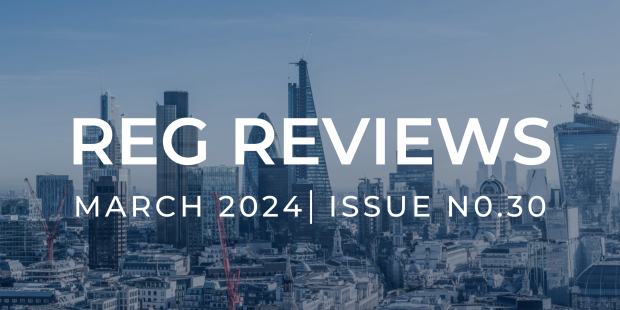The Financial Conduct Authority’s (FCA) discovery that brokers continue to face challenges in proving that their compensation aligns with fair value regulations has stirred mixed responses within the industry.
In its latest Thematic Review on product oversight and governance, published on August 21st, the regulator acknowledged improvements in the insurance industry but expressed disappointment that many firms are still not fully meeting their governance obligations.
While compliance experts admitted more work is needed, they also felt the FCA was downplaying the progress made and the substantial investments insurers and brokers have made to improve their processes.
According to David Sparkes, Regulation Director at the British Insurance Brokers’ Association (BIBA), the FCA’s review has only examined 39 distributor companies and argued that the fairness of the FCA’s conclusions are determined by which companies were examined. He also noted that businesses might be acting properly in practice but lack the written documentation to prove it.
Branko Bjelobaba, Founder of compliance consultancy, Branko Limited, says; “Due to a lack of clarity on the rules, the industry has found it difficult to interpret what the FCA actually wants to see and what the essential parts of fair value are.”
On the contrary, David Nichols, Head of Retail at Zurich, doesn’t think the insurance sector has lagged in terms of following Consumer Duty and Fair Value regulations.
To ensure that their compensation is fair, brokers must demonstrate that the prices customers pay align with the value of the products and services provided, which involves reviewing insurer products, maintaining up-to-date value assessments, and evaluating their own role and commissions in the distribution chain.
Paul Trainor, Executive Director, at broker, James Hallam, noted that brokers lacked clear guidance when the FCA’s rules were introduced, leading them to interpret the requirements themselves.
While some brokers went to great lengths to comply, others did less. Sparkes added that brokers turned to BIBA for guidance on meeting the new regulatory standards.
Moreover, Pricing and Fair Value Practice Lead at Sicsic Advisory, Sue Mallender, noted that brokers face challenges in assessing fair value, especially with large insurer portfolios and potential conflicts over commission levels.
She advised regular communication across the distribution chain and a focus on analysing business models. Also, Trainor emphasised the need for expert guidance, sharing that his firm has reviewed products, pricing, and target markets, though collecting evidence has been a major task.
Finally, while brokers must carefully account for costs and demonstrate reasonable margins, there is concern that strict fair value rules may unintentionally limit market options and reduce access to essential coverage for vulnerable consumers.



























